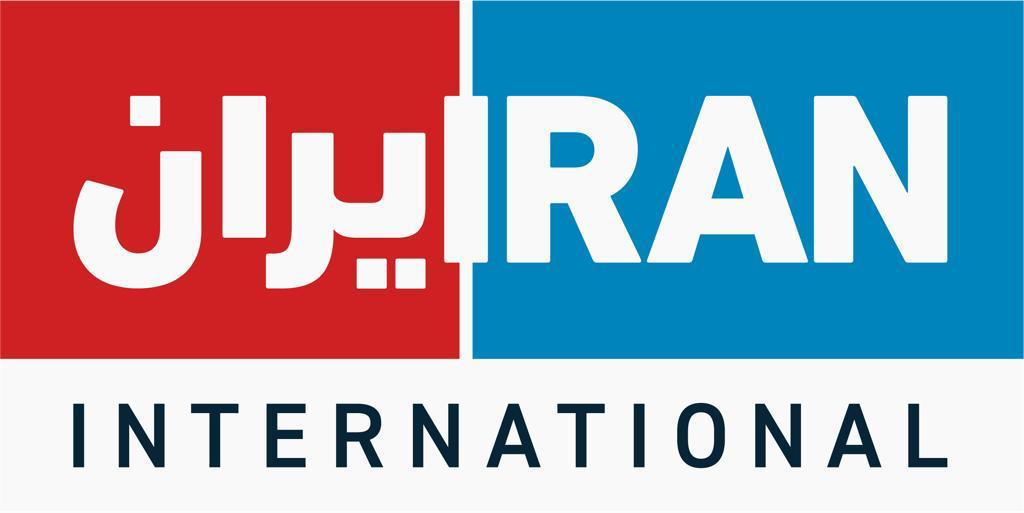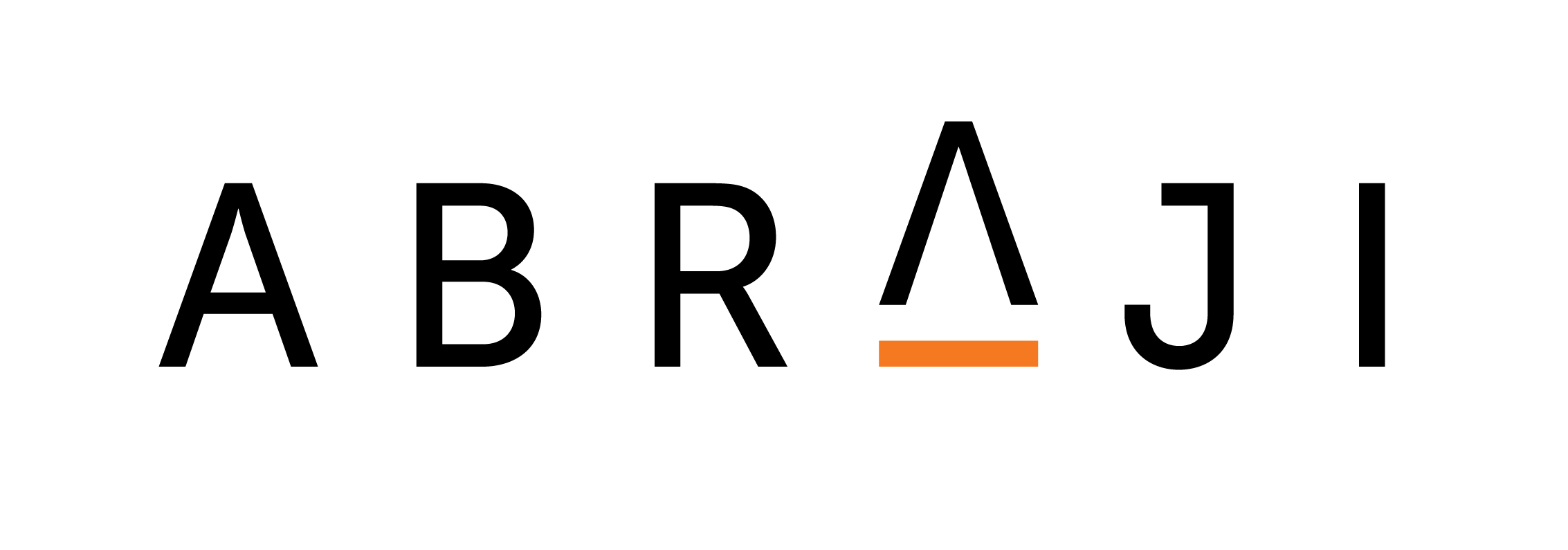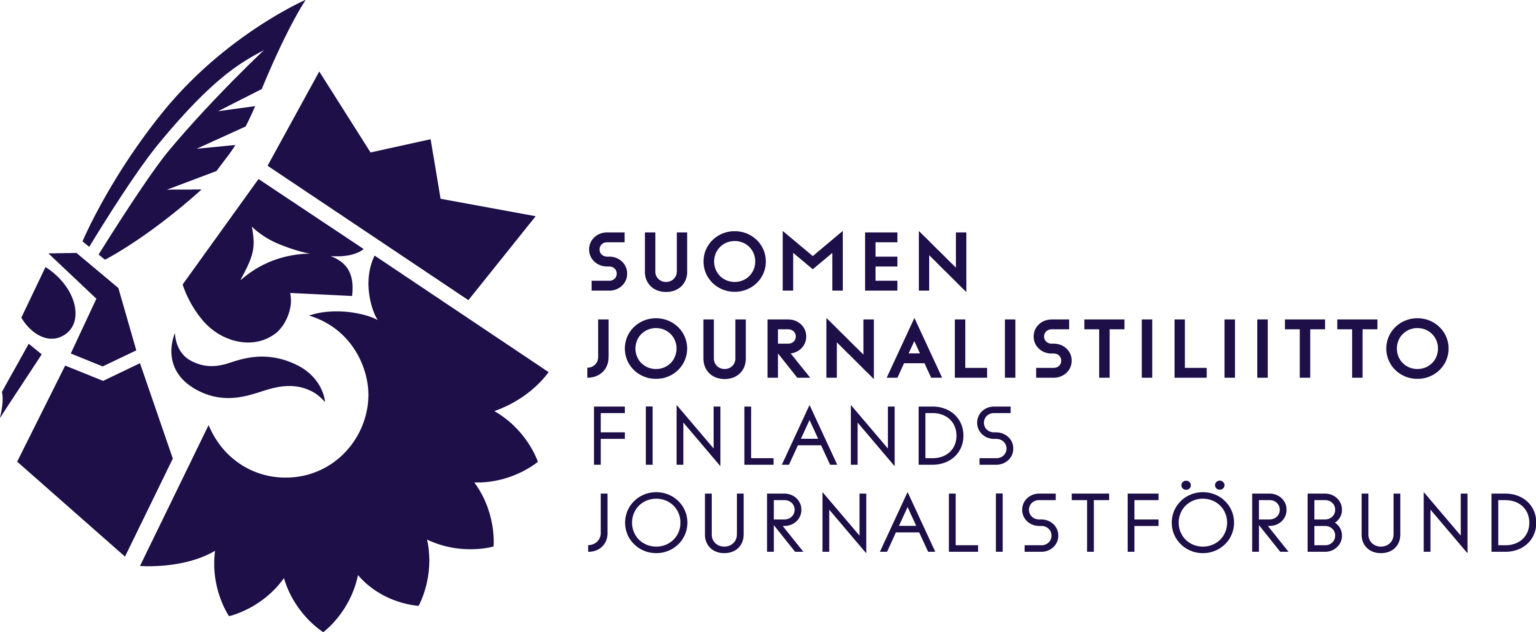LONDON - The International News Safety Institute welcomes the recommendations of this week's international conference in Doha for the Protection of Journalists in Dangerous Situations as an important contribution to the debate on safety standards. INSI hopes the recommendations will help supplement international frameworks to protect journalists and media staff, and highlight the urgency of improved access to safety training for all journalists around the world.
"This international conference is an important part of the safety jigsaw. We are pleased that safety is now forming part of the conversation in the Middle East, which has provided the focus of so many of the major challenges to news crews in the past year. It's vital that the organisers of this conference continue to build on the momentum created here and help make safety a part of the culture in every newsroom throughout the region and beyond," said INSI Deputy Director Hannah Storm, who attended the conference.
The conference called on the United Nations and its agencies to work with non-governmental organisations in promoting the issues of journalism safety for all those working in dangerous situations, be they conflict or non-conflict. It urged governments to respect pre-existing conventions and discussions focussed on journalism safety and recommended a strengthening of national laws to end impunity, which means that the majority of those who target journalists never get prosecuted.
"By supporting international attempts to raise the awareness of safety issues, we hope this conference can put pressure on those governments which are not yet doing enough to identify and prosecute the killers and attackers of journalists. We hope this will also help persuade news organisations that they have a duty of care to all their news media employees and freelancers - be they reporters, fixers or drivers - and they should provide them with adequate training, equipment and support wherever they are working - be that in areas of conflict, civil unrest, organised crime or disaster zones."
The meeting was part of a jigsaw of international conferences aimed at addressing journalist safety issues. UNESCO last September organised a meeting of relevant UN agencies, funds and programmes to design a joint UN strategy on the safety of journalists and the issue of impunity. INSI and other journalist support groups spoke up at the conference, highlighting the issues before an audience of UN and other world agencies and governments. Conclusions drawn from the meeting will be contained in an inter-agency plan of action, due by March, which will formulate a "comprehensive, coherent and action-orientated UN-wide approach".
In November, News Xchange 2011, a global convention of broadcasters from around the world, passed a landmark resolution proposed by INSI and the European Broadcasting Union demanding action by world bodies and governments to stop the killing and end impunity. More than 99 per cent of the 440 delegates from 168 media organisations in 56 countries also pledged to research suspicious deaths, creating maximum exposure for each, and report back to News Xchange 2012.
Later the same month the Austrian government, working with the International Press Institute, staged a conference of experts from UN agencies, journalist support groups and governments to address means of establishing a more effective international framework for journalist safety. INSI presented the News Xchange resolution to the conference, which concluded with a pledge by Austria to carry the issue forward during its term on the Human Rights Council of the United Nations, to which it was elected earlier this year.
Sadly there were far fewer active journalists at the Doha event than there might have been. However, as the sole organisation run by journalists focussing on journalist safety, INSI was able to share its expertise at the conference, and INSI's Hannah Storm was rapporteur for a workshop on safety standards, the conclusions of which will feature separately on the INSI website. It will be a part of a delegation that represents the future activities of the conference.
The conference, which was organised by the National Committee for Human Rights in Qatar, was attended by more than 100 delegates from countries as far afield as the Philippines and Pakistan, Mauritania and Mexico, representing media support groups, unions and human rights bodies.




























































